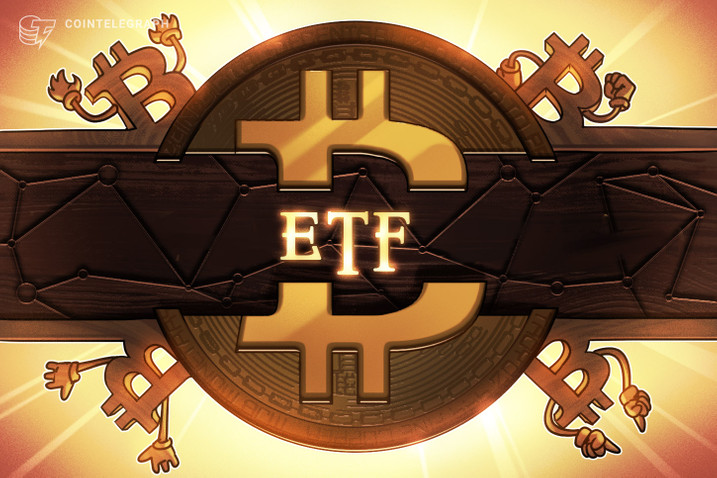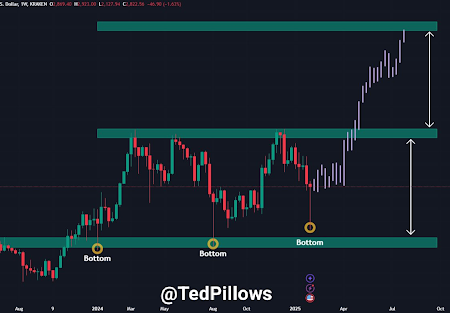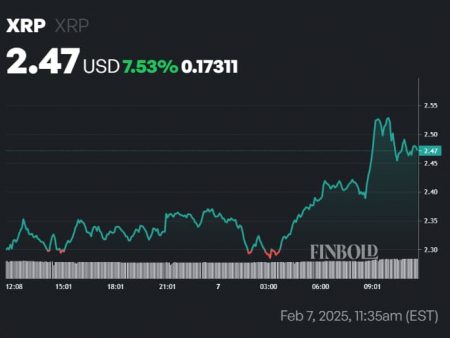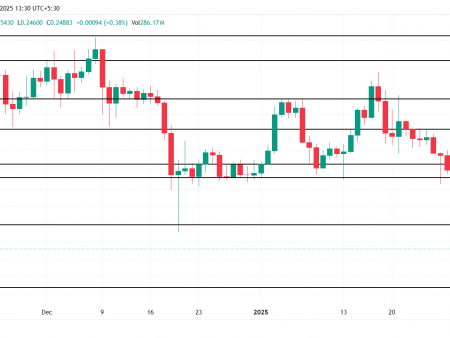
BTC ETF 2023
K33 Research said in a research note:
“We believe it’s a buyer’s market right now – the market is fundamentally underestimating the great news.
The market briefly rallied after Grayscale’s court victory and then pulled back. However, this bullish momentum was short-lived as Bitcoin completely rolled back its gains by Thursday and ended the week with an unremarkable weekly return of -1%.
Also on Thursday, the SEC predictably postponed all active applications for Bitcoin ETFs. The announcements were made after the Bitcoin pullback, indicating that the two events were unrelated.”
What is BTC ETF ?
Bitcoin Exchange-Traded Fund (ETF) – that aims to track the price of Bitcoin (BTC) by holding the actual cryptocurrency in custody, as opposed to futures contracts or other derivative instruments. ETFs are investment funds that are traded on stock exchanges, allowing investors to gain exposure to the underlying asset without having to directly buy and store it.
Here’s how a spot BTC ETF typically works:
Custody: The ETF provider holds the actual Bitcoin in a secure custody arrangement. This is in contrast to futures-based ETFs, which derive their value from futures contracts on Bitcoin.
Creation and Redemption: Authorized participants, often large institutional investors, can create or redeem shares of the ETF by depositing or withdrawing the equivalent amount of Bitcoin. This process helps keep the ETF’s share price in line with the actual Bitcoin price.
Market Trading: Once the ETF is created, it can be bought and sold on stock exchanges like any other stock or ETF. Investors can trade these shares throughout the trading day at market prices.
Tracking Bitcoin Price: The goal of a spot BTC ETF is to closely track the price of Bitcoin. The ETF’s net asset value (NAV) should reflect the value of the Bitcoin held in custody, plus any fees or expenses.
Liquidity: Spot BTC ETFs can provide liquidity to investors who want exposure to Bitcoin without the need to create and manage a digital wallet or directly purchase and secure the cryptocurrency.
It’s worth noting that the regulatory environment for cryptocurrency ETFs can vary by jurisdiction and may change over time. As of my last update, the approval of a spot BTC ETF in the United States was a topic of discussion and debate among regulators, but none had been approved at that time
A cryptocurrency exchange is an online platform where you can buy, sell, or trade cryptocurrencies like Bitcoin, Ethereum, and others.
Safety varies by exchange. Look for platforms with strong security measures, like two-factor authentication and cold storage for funds.
Consider factors like security, fees, available coins, user interface, and customer support.
Centralized exchanges are managed by a company, while decentralized exchanges operate without a central authority.
Many exchanges require Know Your Customer (KYC) verification for security and regulatory compliance.
Trading fees vary but typically include maker fees (for adding liquidity) and taker fees (for removing liquidity).
Yes, most exchanges offer cryptocurrency-to-cryptocurrency trading pairs.
Withdrawal times depend on the exchange and the cryptocurrency. Some are instant, while others may take hours or even days.
A wallet address is like a bank account number for cryptocurrencies. It’s required to send your crypto to the right place.
Yes, depending on your country’s tax laws, trading cryptocurrencies may have tax consequences. Consult a tax professional for guidance.
Yes, many cryptocurrency exchanges operate 24/7, allowing you to trade at any time.
A market order buys or sells at the current market price, while a limit order sets a specific price at which you want to buy or sell.
Yes, each exchange sets its own minimum and maximum trading limits, which can vary widely.
It’s not recommended. For security, it’s better to use a cryptocurrency wallet, especially for significant holdings.
Exchanges typically have account recovery processes, including password reset options and support for forgotten usernames.
Some exchanges offer insurance, but coverage can be limited. It’s essential to check an exchange’s insurance policy.
Use strong passwords, enable two-factor authentication, and be cautious of phishing scams and suspicious emails.
Yes, but it’s recommended to learn the basics of trading and understand the risks involved before you start.
Stablecoins are cryptocurrencies pegged to the value of a fiat currency like the US dollar. They provide stability and are commonly used for trading and transferring funds on exchanges.
Yes, regulations vary by country. Many countries have implemented or are considering regulations to govern cryptocurrency exchanges for consumer protection and financial stability.
























